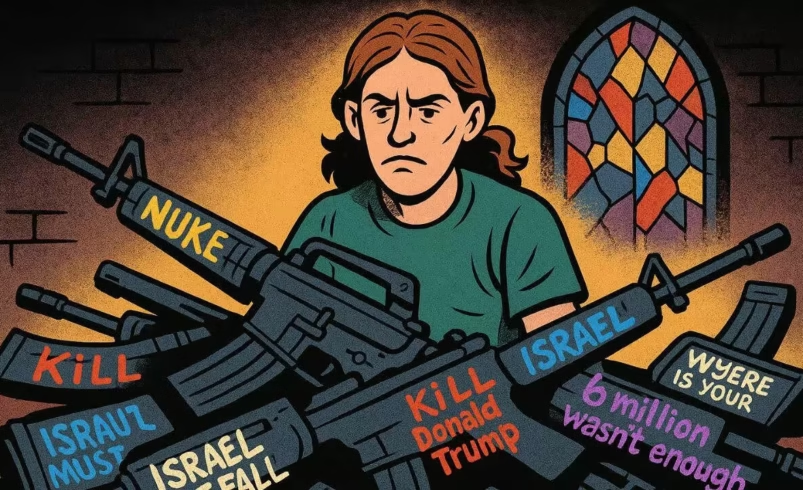Minneapolis Shooting: Unraveling the Attacker’s Motives
- August 28, 2025
- 0

The recent shooting in Minneapolis has drawn significant attention due to its unsettling nature and the messages left by the attacker, Robin Westman. Unlike typical mass shootings, this incident took place at a Catholic school and was marked by the disturbing slogans found on Westman’s weapons. These phrases included “NUKE INDIA,” “Kill Donald Trump,” “Israel Must Fall,” “6 million wasn’t enough,” “Mashallah,” and “Where is your God?” among others. Such messages paint a picture of a deeply troubled individual with a wide array of grievances.
The attack at the Catholic school in Minneapolis was not just another tragic event in America’s ongoing struggle with gun violence. The location itself—a place of learning and faith—added an extra layer of horror to the incident. However, it was the messages scrawled across Westman’s firearms that truly set this attack apart. These slogans revealed a chaotic mix of hatred directed at various groups and individuals, suggesting a complex web of motivations behind the violence.
The slogans found on Westman’s weapons were a disturbing collage of hate. The phrase “NUKE INDIA” suggests an anti-India sentiment, while “Kill Donald Trump” indicates hostility towards the former U.S. president. The antisemitic slogan “6 million wasn’t enough” is a clear reference to Holocaust denial, and “Israel Must Fall” points to animosity towards Israel. Additionally, phrases like “Mashallah” and “Where is your God?” reflect anti-Catholic and potentially anti-religious sentiments. This scattershot approach to hate speech makes it difficult to pinpoint a single motive or ideology driving Westman’s actions.
This incident raises important questions about the nature of hate-fueled violence in America. The diversity of targets in Westman’s slogans highlights the pervasive nature of extremist ideologies that can manifest in unpredictable ways. It also underscores the need for greater understanding and intervention strategies to prevent individuals from reaching such violent extremes.
In the aftermath of the shooting, the Minneapolis community has been left to grapple with the shock and trauma of the event. Vigils and memorials have been held to honor those affected, while discussions about preventing future tragedies have intensified. Community leaders are calling for increased mental health support and more robust measures to address hate speech and radicalization.
The Minneapolis shooting serves as a stark reminder of the urgent need for comprehensive strategies to combat hate-fueled violence. This includes addressing underlying issues such as mental health, access to firearms, and the spread of extremist ideologies online. As communities across America continue to confront these challenges, it is crucial for policymakers, law enforcement, and citizens alike to work together towards creating a safer society.